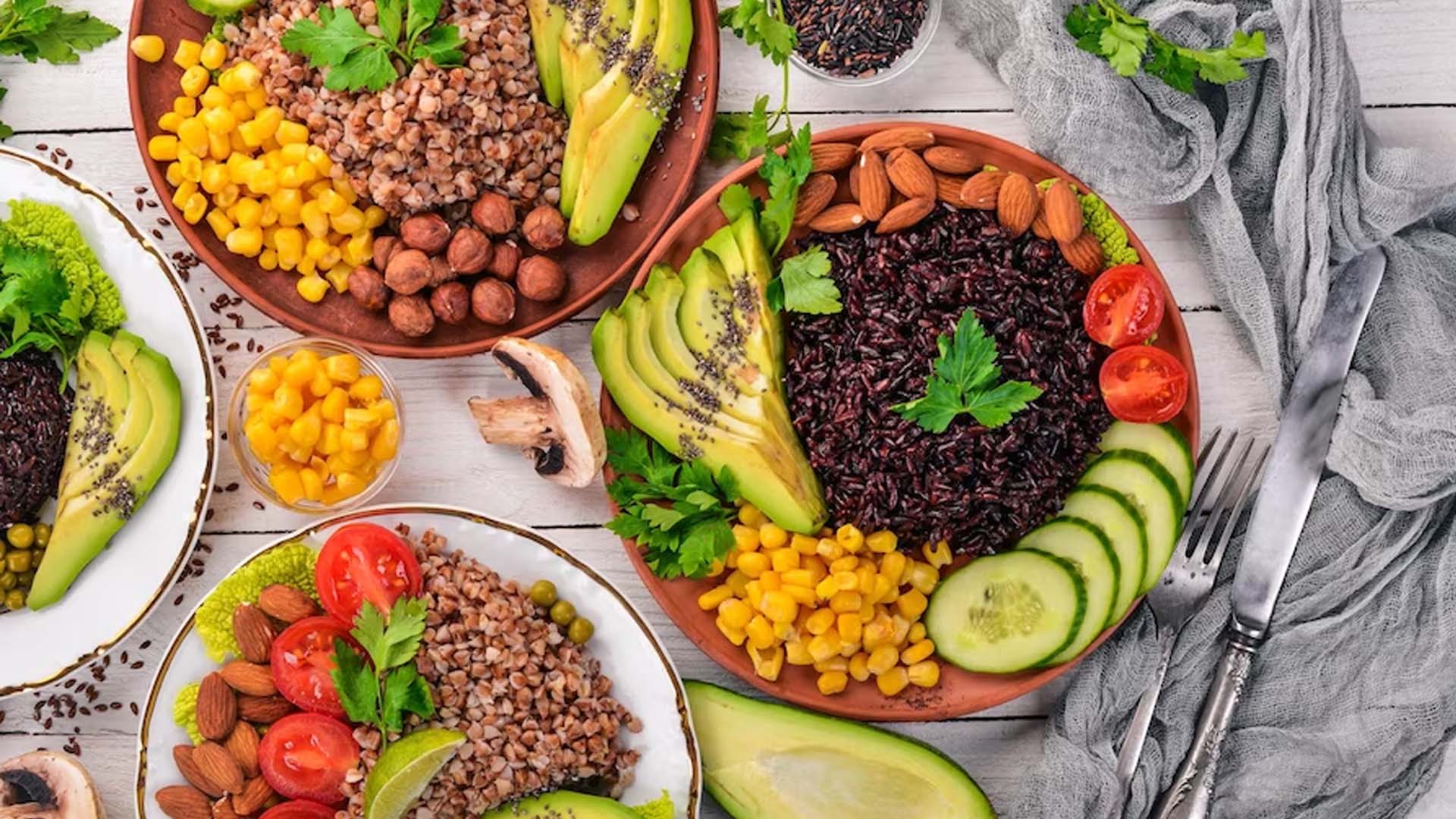Ketogenic vs. Vegan: The Final Dietary Showdown

In the current world of wellness and health, two diets have gained the focus of numerous people: the Keto diet and the Vegan lifestyle. Both have passionate followers who advocate for their chosen way of eating, both asserting to offer unique benefits and support ideal health. But with such a lot of information—and false information—out there, it's essential to understand what each diet entails and how the two compare to one another.
Keto enthusiasts promote a low carb, high-fat diet designed to push the body into a condition of ketosis, promoting fat burning and losing weight. On the flip side, Vegans focus on plant-based eating, removing all animal products for ethical, environmental, or health reasons. Each method has its unique set of guidelines, challenges, and rewards. As we explore this ultimate diet showdown, we will explore which diet might be the right fit for you and what the latest science has to say about the effectiveness of these well-known plans.
Comparing Ketogenic and Vegan Eating Plans
The Keto diet focuses on a low-carb, high-fat method, seeking to transition the body into a condition of ketotic state, where it utilizes fat for energy instead of carbohydrates. This diet typically features foods such as meats, dairy, nuts, and low-carb vegetables while excluding grains, sugars, and numerous fruits. The main goal is to support weight loss and improve metabolic health. However, the restrictive nature of the Ketogenic diet can make it challenging for some individuals to maintain over the extended period.
In comparison, the Plant-Based diet focuses on plant-based eating, avoiding all animal-derived foods, such as meat, dairy, and eggs. This methodology is commonly embraced for various reasons, such as ethical considerations, environmental reasons, and health benefits. A well-planned Vegan diet can be abundant in whole foods such as fruits, vegetables, legumes, nuts, and grains, providing essential nutrients while promoting heart health and reducing the risk of chronic diseases. However, individuals on a Vegan diet must be vigilant about obtaining adequate protein, vitamins, and minerals commonly present in animal products, such as vitamin B12 and iron.
When choosing between Keto and Vegan diets, individuals must consider their individual health goals, lifestyle preferences, and potential dietary restrictions. While Ketogenic may be more effective for quick weight loss and metabolic improvements for certain individuals, the Plant-Based diet offers a more sustainable and morally sound eating pattern that may support sustained health. Each diet has its advantages and disadvantages, and selecting the right one is based on individual circumstances and health objectives.
Typical Obstacles and Advantages
Both Ketogenic and Plant-based diets offer distinct challenges to those who decide to these diets. With the Keto diet, maintaining a state of ketosis requires meticulous monitoring of carbohydrate intake, which can be challenging when dining out or navigating social situations. Moreover, the restrictive nature of the plan may result in nutrient deficiencies if not properly managed. On the other hand, the Vegan diet may pose issues regarding protein intake and may necessitate individuals to become more mindful of vitamin B12 and iron levels, often found in animal products. Adjusting to these specific dietary requirements can feel daunting for beginners.
Nevertheless, both diets also present significant benefits that draw many followers. The Keto diet is known for its capability to promote rapid weight loss and enhance energy levels by burning fat for fuel. Additionally, many proponents report improved mental clarity and reduced cravings. The Vegan diet, loaded in fruits, vegetables, nuts, and grains, is associated with a variety of health benefits, such as decreased instances of heart disease, hypertension, and certain types of cancer. https://dancercrown2.werite.net/superfood-explored-boosting-your-meal-plan-for-optimal-health on plant-based foods can also contribute to increased fiber intake and improved digestive health.
Ultimately, the choice between Keto and Vegan depends on personal preferences, lifestyle, and health goals. Individuals seeking weight loss may find Keto more effective in the short term, while those interested in long-term health benefits and environmental sustainability may gravitate towards a Vegan lifestyle. Being aware of these common challenges and benefits can help individuals make informed decisions about which diet suits their needs and values.
Locating the Best Diet for Yourself
Selecting the right diet can feel overwhelming with numerous options accessible, but the optimal approach is to analyze your individual goals, preferences, and lifestyle. Begin by determining what you want to achieve, regardless of whether it's losing weight, improved energy levels, or better overall health. Understanding your reasons helps narrow down which diet plans align with your goals.
After you have identified your goals, think about your dietary preferences and any restrictions you may have. For instance, if you are someone who likes animal products, a keto or paleo diet might be suitable. On Click here , if you prefer plant-based eating, exploring vegan or flexitarian options could be better. Keep in mind any food allergies or sensitivities, as they will also impact your dietary choices.

Finally, keep in mind that the appropriate diet should be one that you can continue long-term. Fad diets often promise quick results but may not be sustainable. Concentrate on finding a plan that allows for flexibility and enjoyment while still meeting your health needs. Experiment with meal prepping and including a range of foods to keep your meals varied and satisfying. In the end, listen to your body and modify your approach as necessary to find what is most effective for you.
